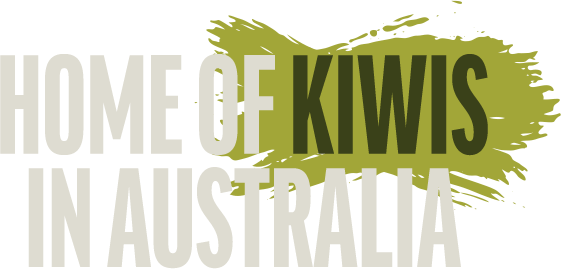
Police Checks in Australia
When moving to Australia, you may be asked to provide a certificate from the New Zealand government, stating that you have no criminal history, or if you do have one, the details of your offences.
It is possible to be refused entry into Australia on “character grounds” if you have a long or serious criminal history – however, having a minor criminal history does not necessarily mean you will not be able to move to Australia. The Australian government assesses everyone on a case by case basis, and it is best to be upfront about all information the Australian government asks you to provide, as there may be consequences in the future should you mislead or refuse to provide information.
New Zealand Police Checks
If you need to get a police clearance certificate from the New Zealand government, you will first need to obtain a police clearance certificate from the New Zealand Ministry of Justice. Applications can be made with the “Request your own Criminal Conviction History” form. You must apply for a “full” Record of Convictions, and make sure that the “full record” box is ticked at step 3 of the application. If you do not have a criminal history, you will receive a letter saying so. If you do have a criminal history, you will need to complete a “Consent of Disclosure of Information” form and any other additional forms required by the New Zealand Ministry of Justice.
Moving to Australia – What Is 100 Points Of ID?
When coming to Australia, you will need to provide documents to prove your identity on several occasions, including when it comes to getting a driver’s license, applying for a rental property and applying for a Medicare card.
When it comes to ID in Australia, the most common identification system is the “100 point check”. Different ID documents have different number values (for example, 30 points), and you must provide enough documents to equal 100 points or more. All documents must be in your current legal name – so, for example, if you have gotten married or changed your name – and your documents show your previous or maiden name, they will not be accepted. Unfortunately, some of these documents will only be accepted if they have been issued in Australia or by the Australian government.
What documents will help you
The following documents are generally accepted:
- Current overseas passport (must be valid, cannot have been cancelled) – generally equals 70 points;
- Original birth certificate (cannot be a copy or an extract) – generally equals 70 points;
- Australian driver’s license (must be issued by the Australian government) – generally equals 40 points;
- Australian firearms license (must be issued by the Australian government) – generally equals 40 points;
- University student identification card (must have a photo and be current) – generally equals 40 points;
- Australian Medicare card – generally equals 25 points;
- New Zealand or other overseas driver’s license – generally equals 25 points;
- Australian bank card or credit card (must be signed) – generally equals 25 points; and
- Utility bill (must show name and current address) – generally equals 25 points.
Moving to Australia – Documents To Bring
When moving to Australia, it is a good idea to bring all important legal documents with you, even if you don’t think they will be necessary. Alternatively, you can bring “certified copies”, which have been witnessed by a lawyer or justice of the peace, as some Australian institutions will accept certified copies. If you don’t want to bring originals of all your documents with you, make sure you leave them in a safe place and there is someone that can send them to you if you need them.
Documents you may need when moving include:
- Birth certificate for you (and your children, if you have any);
- New Zealand’s driver’s license (should be valid for at least 3 months after your move);
- Marriage and/or divorce certificates;
- Change of name certificates (if you have changed your name);
- Current passports (with at least 6 months validity);
- Copies of any New Zealand Court Orders as to the custody of children;
- Documents showing termination of employment in New Zealand; and
- Documents showing termination of lease agreement in New Zealand.
This list is not absolute, but it’s a good start!
Moving to Australia
- Banking Options
- Childcare & Early Learning
- Community Services
- Credit Checks
- Driver Licence
- Financial Support
- Getting Connected
- Giving Birth
- Healthcare in Australia
- Insurance
- Legal System
- Marriage Relationships
- Pension Eligibility
- Police Check
- Renting Advice
- Responsible Service of Alcohol
- School Years
- Tax in Australia
- What to Bring
- Working With Children Check





